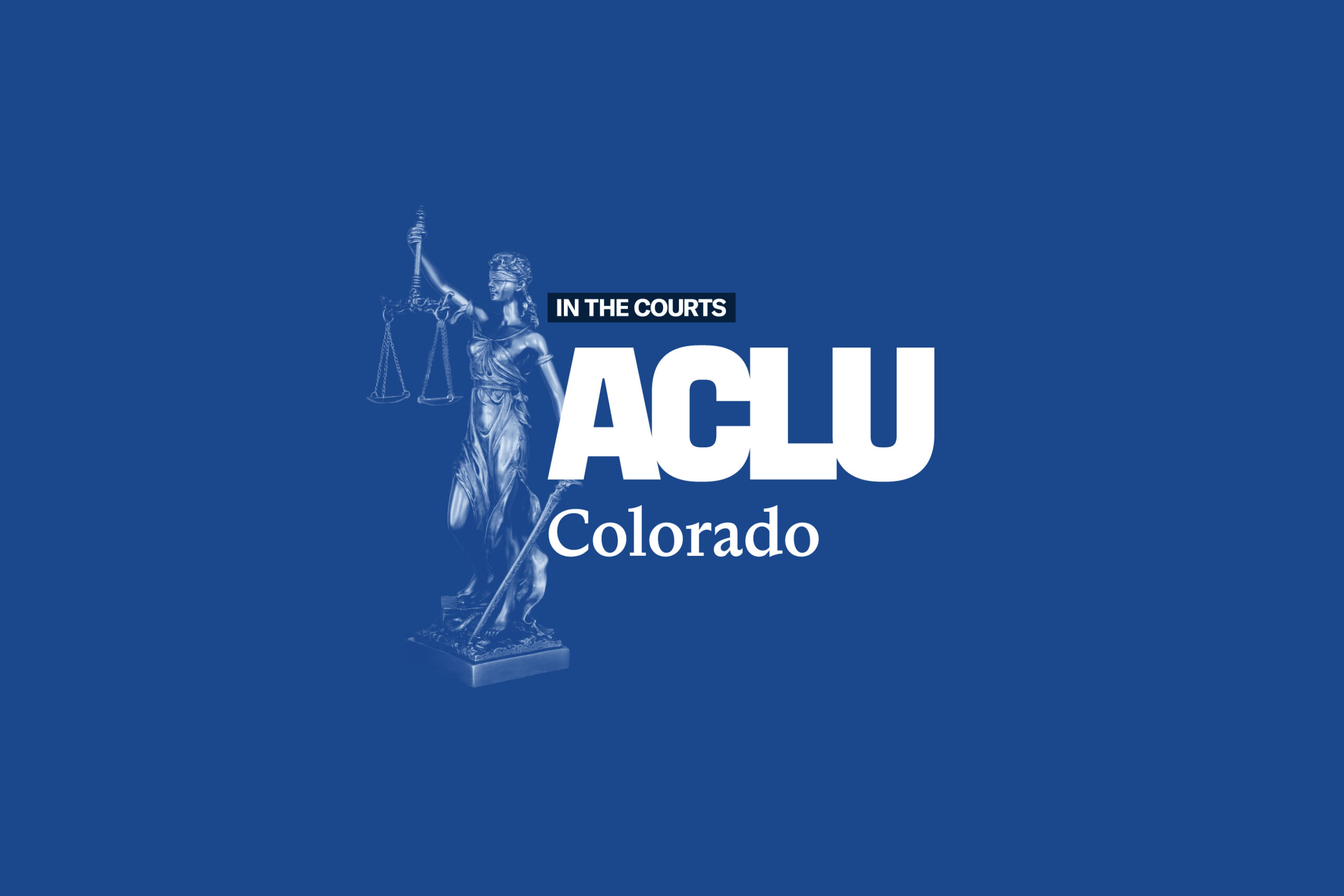Masterpiece Cakeshop v. Scardina (Amicus)
- Filed: February 23, 2024
- Status: Decided
- Court: Colorado Supreme Court
- Latest Update: Oct 08, 2024

Stay Informed
Sign up to be the first to hear about how to take action.
By completing this form, I agree to receive occasional emails per the terms of the ACLU’s privacy statement.
By completing this form, I agree to receive occasional emails per the terms of the ACLU’s privacy statement.
